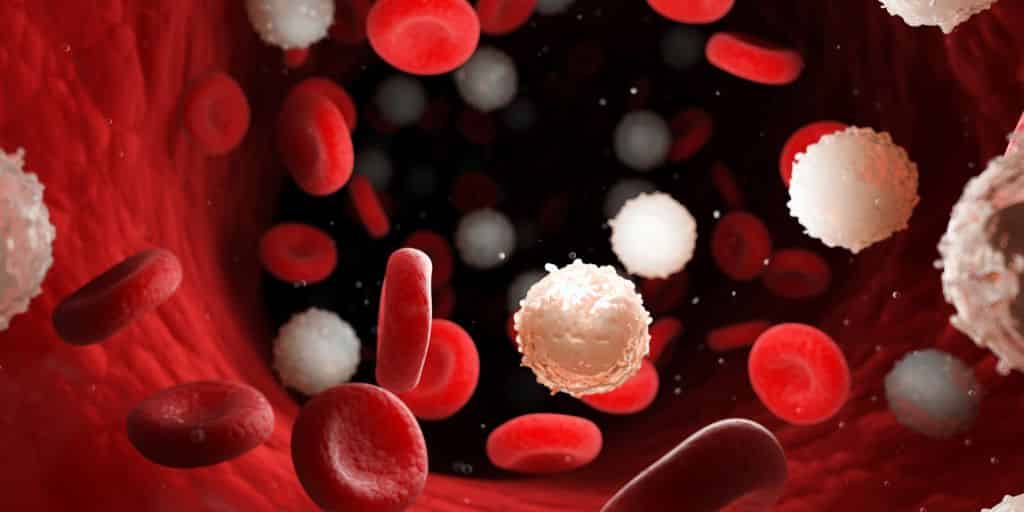Priothera, a biotechnology company developing its S1P receptor modulator compound Mocravimod, has announced that positive data from a clinical trial reinforces the potential for the drug to improve survival outcomes for patients with hematological malignancies.
The study has been evaluating Mocramivod in allogeneic hematopoietic cell transplantation patients and was published in journal Transplantation and Cellular Therapy.
Mocravimod, has been previously tested in multiple autoimmune indications, and is being developed to enhance the curative potential of HCT.
Mocravimod improves survival
The study assessed the safety and tolerability of Mocravimod in patients undergoing allogeneic hematopoietic cell transplantation (allo-HCT) for hematological malignancies. This is where the patient does not use their own bone marrow but that from a donor.
The secondary objectives were to determine the pharmacokinetic profile of Mocravimod in this patient group as well as to assess graft versus host disease (GvHD)-free, relapse-free survival at six months after last treatment.
The study found that Mocravimod can safely be added to standard treatment regimens in patients with hematological malignancies requiring allo-HCT. CD4+ T cells, crucial in achieving a regulated effective immune response to pathogens, were more sensitive to Mocravimod treatment than mediators of adaptive immunity, CD8+ T cells. Mocravimod resulted in a significant reduction of circulating lymphocyte numbers and had no negative impact on engraftment and transplant outcomes.
Hematological malignancies
Florent Gros, co-founder and CEO of Priothera, said: “The positive phase 1b data reinforce the potential for Mocravimod to improve survival outcomes for patients with hematological malignancies requiring HCT. We’re looking forward to building upon this foundation with our upcoming pivotal phase 2b/3 clinical trial and advancing our lead asset towards its next significant milestones.”
The phase 2b/3 study assessing the efficacy and safety of Mocravimod as an adjunctive and maintenance therapy in acute myeloid leukemia (AML) patients undergoing allo-HCT is planned to start in the coming months. The trial design for this study will be published as an online abstract as part of the 2022 American Society of Hematology (ASH) conference (December 10-13).
Elisabeth Kueenburg, chief medical officer at Priothera, said: “Mocravimod’s mode of action has already been well established in autoimmune indications, and the phase 1b trial shows that its potential also extends to hematology. We believe Mocravimod has the potential to be a first-in-class therapy in maintaining graft-versus-leukemia responses, one of the most serious complications of allogeneic HCT, while preventing graft-versus-host disease.”
Partnering 2030: The Biotech Perspective 2023






